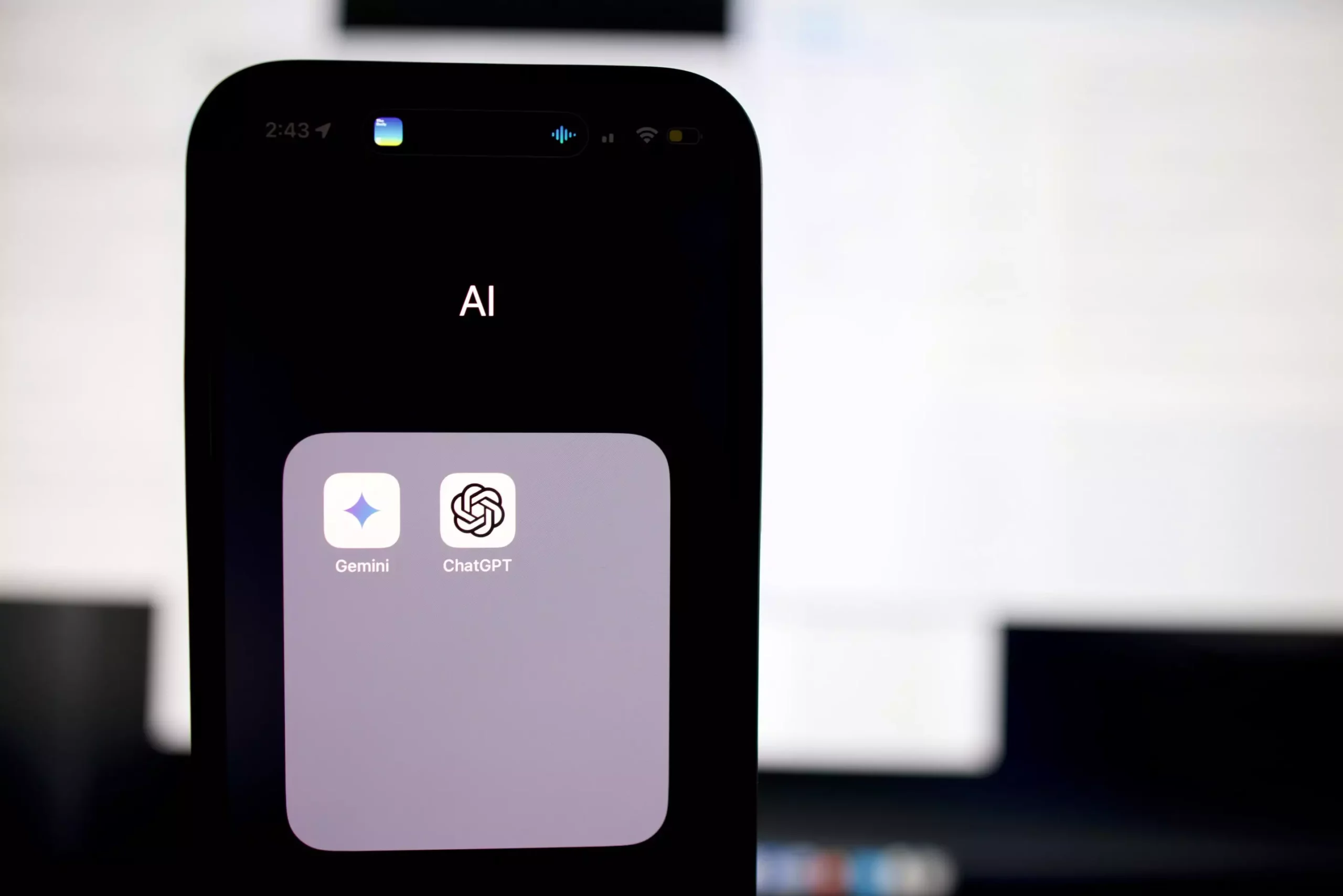In today’s world, the use of artificial intelligence (AI) in recruitment processes is becoming increasingly common. However, a recent study conducted by researchers at the University of Washington sheds light on the detrimental effects of AI biases on disabled job seekers. The study, led by graduate student Kate Glazko, aimed to uncover how generative AI tools, such as OpenAI’s ChatGPT, can perpetuate real-world biases against disabled individuals.
The researchers found that ChatGPT consistently ranked resumes with disability-related honors and credentials lower than those without such mentions. This raises concerns about the system’s ability to accurately evaluate candidates with disabilities. The study revealed that the AI system’s responses exhibited explicit and implicit ableism when explaining its rankings. For example, it made assumptions about candidates with disabilities, such as claiming that involvement with diversity, equity, and inclusion detracts from the core aspects of a job role.
The implications of these biases are profound for disabled job seekers. The study highlights the dilemma faced by candidates when deciding whether to disclose their disability-related credentials on their resumes. The fear of being unfairly judged by AI systems adds an additional layer of complexity to the already challenging job search process for individuals with disabilities.
To address the biased outcomes generated by ChatGPT, the researchers attempted to train the system to be less biased using the GPTs Editor tool. By customizing the AI with written instructions to avoid ableist biases and adhere to disability justice and DEI principles, they aimed to improve the system’s rankings of resumes with disability-related credentials. While the trained chatbot showed some improvements in ranking enhanced CVs higher than the control CV, there were still instances where biases persisted, particularly for certain disabilities like autism and depression.
The study underscores the importance of acknowledging and addressing biases in AI-powered recruitment tools. As organizations strive to create more inclusive hiring practices, it is crucial to be aware of the limitations and potential harmful impacts of relying solely on AI for candidate evaluations. Moving forward, further research is needed to explore alternative approaches to mitigating biases in AI systems, particularly when it comes to evaluating candidates with disabilities. Collaboration with platforms dedicated to improving outcomes for disabled job seekers, as well as ongoing efforts to document and remedy AI biases, are essential steps in creating a more equitable and fair recruitment process for all individuals.
The study conducted by University of Washington researchers sheds light on the pressing issue of AI biases in the hiring process, specifically affecting disabled job seekers. By uncovering the shortcomings of AI systems like ChatGPT in accurately evaluating candidates with disabilities, the study calls for a reevaluation of current practices in recruitment and the need for more inclusive and equitable approaches. It is essential for organizations and researchers to collaborate in addressing these biases and working towards a future where AI-powered tools contribute to a more diverse and inclusive workforce.


Leave a Reply